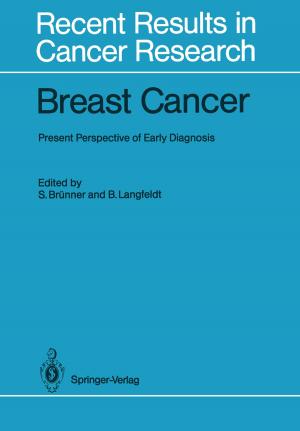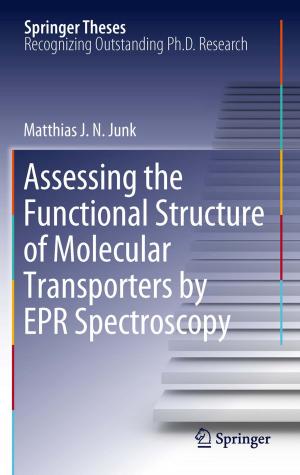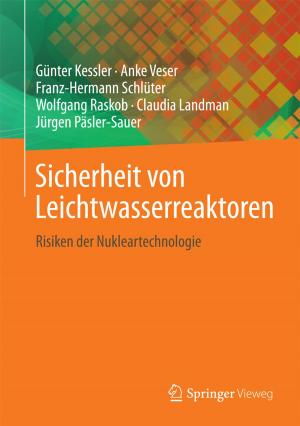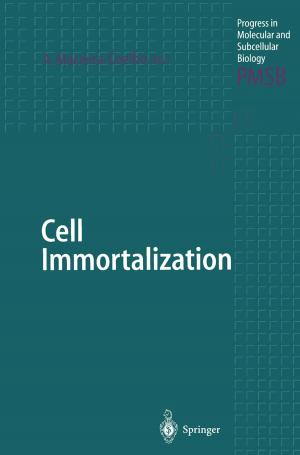Improving Software Testing
Technical and Organizational Developments
Business & Finance, Industries & Professions, Information Management, Nonfiction, Computers, Programming, Software Development| Author: | Tim A. Majchrzak | ISBN: | 9783642274640 |
| Publisher: | Springer Berlin Heidelberg | Publication: | February 3, 2012 |
| Imprint: | Springer | Language: | English |
| Author: | Tim A. Majchrzak |
| ISBN: | 9783642274640 |
| Publisher: | Springer Berlin Heidelberg |
| Publication: | February 3, 2012 |
| Imprint: | Springer |
| Language: | English |
Software is continuously increasing in complexity. Paradigmatic shifts and new development frameworks make it easier to implement software – but not to test it. Software testing remains to be a topic with many open questions with regard to both technical low-level aspects and to the organizational embedding of testing. However, a desired level of software quality cannot be achieved by either choosing a technical procedure or by optimizing testing processes. In fact, it requires a holistic approach.This Brief summarizes the current knowledge of software testing and introduces three current research approaches. The base of knowledge is presented comprehensively in scope but concise in length; thereby the volume can be used as a reference. Research is highlighted from different points of view. Firstly, progress on developing a tool for automated test case generation (TCG) based on a program’s structure is introduced. Secondly, results from a project with industry partners on testing best practices are highlighted. Thirdly, embedding testing into e-assessment of programming exercises is described.
Software is continuously increasing in complexity. Paradigmatic shifts and new development frameworks make it easier to implement software – but not to test it. Software testing remains to be a topic with many open questions with regard to both technical low-level aspects and to the organizational embedding of testing. However, a desired level of software quality cannot be achieved by either choosing a technical procedure or by optimizing testing processes. In fact, it requires a holistic approach.This Brief summarizes the current knowledge of software testing and introduces three current research approaches. The base of knowledge is presented comprehensively in scope but concise in length; thereby the volume can be used as a reference. Research is highlighted from different points of view. Firstly, progress on developing a tool for automated test case generation (TCG) based on a program’s structure is introduced. Secondly, results from a project with industry partners on testing best practices are highlighted. Thirdly, embedding testing into e-assessment of programming exercises is described.















